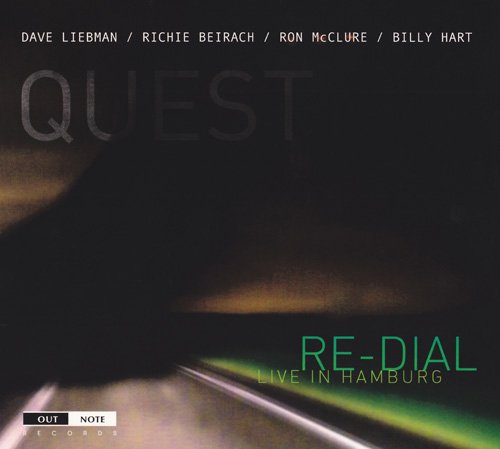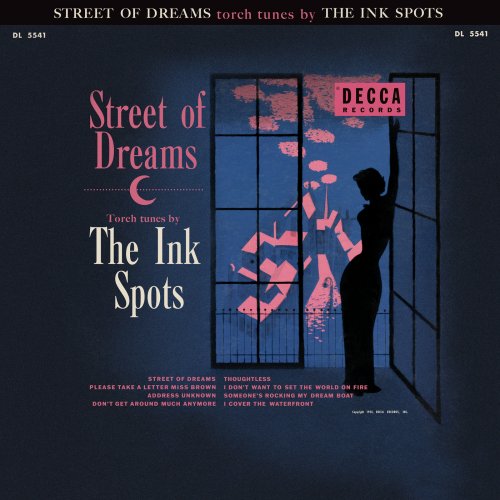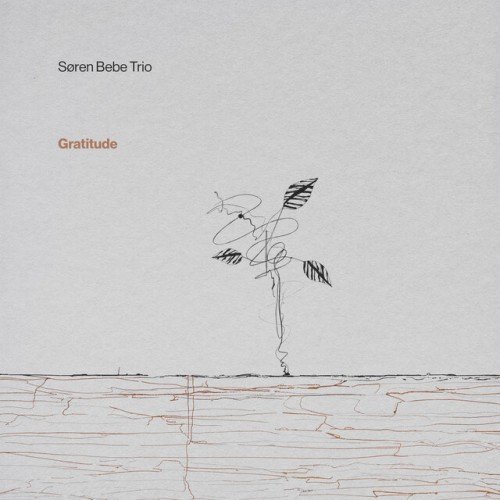Big Bill Broonzy - Blues & Rhythm Series 5101: The Chronological Big Bill Broonzy 1951 (2004)
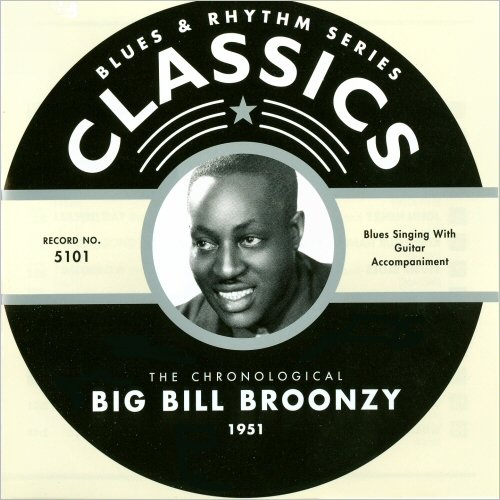
Artist: Big Bill Broonzy
Title: Blues & Rhythm Series 5101: The Chronological Big Bill Broonzy 1951
Year Of Release: 2004
Label: Classics Records
Genre: Blues
Quality: FLAC (tracks)
Total Time: 75:27
Total Size: 326 MB
WebSite: Album Preview
Tracklist:Title: Blues & Rhythm Series 5101: The Chronological Big Bill Broonzy 1951
Year Of Release: 2004
Label: Classics Records
Genre: Blues
Quality: FLAC (tracks)
Total Time: 75:27
Total Size: 326 MB
WebSite: Album Preview
01. Blues In 1890 (3:46)
02. Big Bill Blues (3:26)
03. Lonesome Road Blues (3:21)
04. When Did You Leave Heaven (3:33)
05. John Henry (3:23)
06. Keep Your Hands Off (3:14)
07. Stump Blues (3:15)
08. Five Foot Seven (3:04)
09. Plough Hand Blues (3:01)
10. Hey, Hey (2:55)
11. Stump Blues (3:00)
12. Get Back (3:03)
13. Willie Mae (2:50)
14. Walkin' The Lonesome Road (3:19)
15. Mopper's Blues (2:39)
16. I Know She Will (3:14)
17. Hollerin' The Blues (3:08)
18. Leavin' Day (3:02)
19. Southbound Train (3:01)
20. Tomorrow (2:51)
21. You Changed (2:54)
22. John Henry (3:19)
23. Crawdad (2:51)
24. Wonderin' Man (3:06)
Big Bill Broonzy's second Parisian session opens this installment in the Classics Blues & Rhythm Series. On September 21 1951 Broonzy was on his second day of recording for Vogue, and what you get here are the master takes (tracks one-through five). This is Broonzy the one-man folk, pop, and blues revue. He digs deep into the tradition for "John Henry," puts his own stamp on the Tin Pan Alley love song "When Did You Leave Heaven," and salutes legendary philanthropist Joe Turner with "Blues in 1890." Three days later, Broonzy was in London cutting a handful of topical blues for Melodisc. Back in Chicago for an Emarcy date on November 8, Broonzy knocked out eight solid numbers with rhythmic string bass accompaniment by Bluebird sessionman Ransom Knowling. The piano heard on "Hollerin' the Blues" is credited to either Bob Call or Memphis Slim. Broonzy was a remarkably expressive and moving singer and these are sublime examples of how passionately he sang from the heart. One song is particularly poignant, and places Broonzy in parallel contrast with Leadbelly, the master of folk and blues, who had passed away in December 1949. In 1939, Billie Holiday's "Strange Fruit" had broken the ice by publicly -- and graphically -- describing the specter of murderous racist violence. Twelve years later, Big Bill was tossing off periodic broadsides that essentially paved the way for J.B. Lenoir and other politically outspoken musicians. "Get Back" -- the toughest number on the entire collection -- has a formulaic refrain that spells out the gradated obsession with skin pigment that most every African American child has had to contend with from an early age: "If you white, all right, if you brown, stick around, but if you black -- get back, get back, get back". Broonzy's straight shooting delivery, seconded by Knowling's powerfully plucked bass, hammers home the grim delineations on which was founded the U.S. color line caste system. Unlike Columbia, who in 1939 refused to record "Strange Fruit" and farmed out Lady Day to Commodore for the assignment, Emarcy did issue "Get Back" -- probably at the insistence of a progressive young producer by the name of Norman Granz. Broonzy recorded again for Emarcy in November and December of 1951, first with a quintet featuring reedmen Sax Mallard and Bill Casimir, then one-on-one with bassist Big Crawford, for a return to traditional fare: a second invocation of "John Henry" and the old-time singalong favorite "Crawdad." ~arwulf arwulf


![Chris Forsyth's WHAT IS NOW - Both / And (2026) [Hi-Res] Chris Forsyth's WHAT IS NOW - Both / And (2026) [Hi-Res]](https://www.dibpic.com/uploads/posts/2026-02/1771839412_cover.jpg)
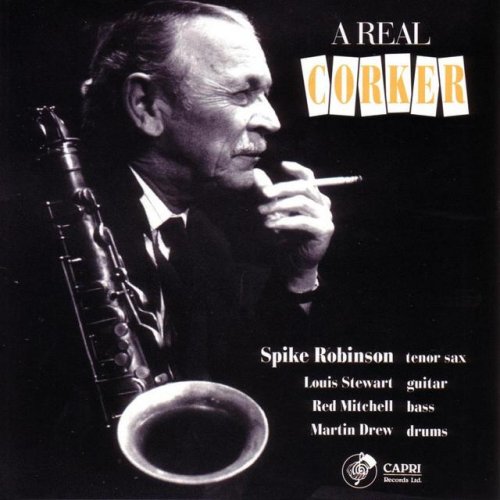
![Marius Neset - Time to Live (2026) [Hi-Res] Marius Neset - Time to Live (2026) [Hi-Res]](https://www.dibpic.com/uploads/posts/2026-02/1771945711_folder.jpg)
